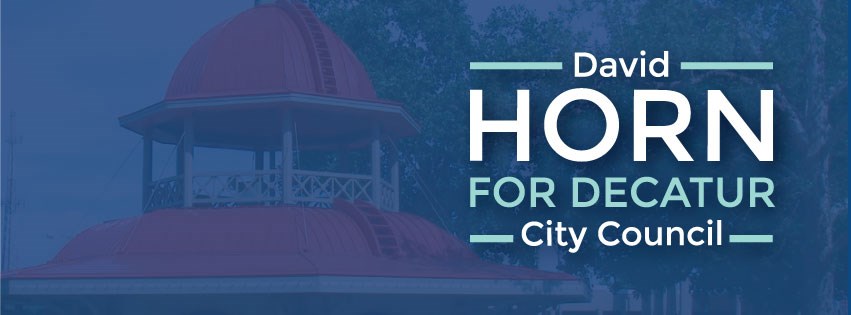
The utility tax loophole should end for the largest users of fossil fuels
In Decatur, entities that purchase natural gas from a supplier other than Ameren do not have to pay the city’s utility tax. This loophole was established as part of state legislation but can be changed by the Decatur City Council. The city council has at least three options: 1) maintain and promote the loophole thereby allowing residents and large companies alike to save on their utility bill (which will reduce revenue available for city services), 2) close the loophole, which presumably large users of fossil fuel are already aware of and taking advantage of (which will increase revenue available for city services), and 3) close the loophole, but create different tax rates for different entities.
The best option for residents is to promote the loophole which will allow residents to save on their utility bills and increase their discretionary spending by switching their natural gas provider. However, the lost revenue from doing this, combined with the lost revenue from the potential repeal of the grocery tax, considerably increases the likelihood that city services will need to be reduced in 2025.
Closing the loophole with an equivalent tax rate for all users (as is the case with electricity) will likely have limited impact on residents (who like the grocery tax may have been unaware of the tax in the first place) and it would create tax equity among all natural gas users. Closing the loophole now will also allow the city to offset the revenue loss expected from the elimination of the grocery tax resulting in limited impacts to city services next year.
Creating different tax rates for different entities would be favorable if our residents were taxed at the lowest rate providing our residents financial relief at a time where seemingly every tax is going up and income increases are offset by inflation. Lower tax rates for residents are particularly important in Decatur where the median household income is far less than state and national averages and the poverty rate is 20%.
The worst scenario would be for large users of natural gas to pay a lower tax rate than our residents. In an era of global warming, the greatest consumers of fossil fuels should pay the most for their use. Global warming due to burning fossil fuels has created significant environmental problems, and a reduced tax rate could incentivize entities to continue using energy sources that have negatively impacted the global climate.
The consequences of lower tax rates for the largest users can be seen in both local motor fuel taxes and water utility rates in Decatur. In the case of local motor fuel taxes, the per gallon tax for diesel is less even though larger vehicles that use diesel such as semitrucks are more likely to damage roads. The city’s effort to dredge Lake Decatur increased our water supply, but residents are spending a disproportionate amount of money relative to the largest users of water to pay for the dredging.
Decatur is very fortunate to have an ample supply of water, access to natural gas, and is surrounded by the best farmland on planet earth. We are fortunate to be in the center of a global agribusiness ecosystem, and businesses large and small are looking to relocate to areas that have long-term water and energy security. Despite this tremendous abundance of resources, Decatur continues to experience decades-long population decline, a childhood poverty rate of 30%, and too many residents remain food insecure. Inequitable tax rates for our residents are not the answer to solving our city’s problems nor will they serve as a catalyst for long-term success.
If you would like to discuss this or other city issues with a council member, phone numbers and email addresses for each council member can be found at the following link: https://www.decaturil.gov/mayor-and-council/council/.
